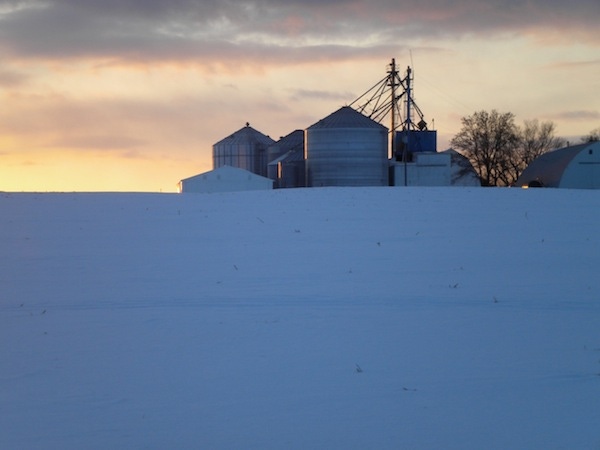November 6, 2013

There’s no slow season anymore! Farmers tell me that often. With crop and business demands, it can feel like the year is just one long string of activity without the spikes and dips we used to experience. With that said, every business – whether its seasons are set by the weather or not – needs to create and utilize an “off season.” LeBron James demonstrated the power of using the off season after the Miami Heat lost the NBA tournament in 2011. He invested his frustration that following summer into training to be the best low-post player he could be. To do that, he sought coaching from the great low-post player, Hakeem Olajuwan. The rest, as they say, is history. James went on to lead the Heat to back-to-back league championships in 2012 and 2013.
We’re not NBA stars, but we are each ‘pros’ in our own way. I recently met a farmer who shared that he is very deliberate in how he uses his time between the peak seasons of planting and harvest. He has four areas of focus: equipment (the team goes through everything when they are done using it for the season), book work (he gets on top of the accounting and business planning to keep from getting behind), people/learning (he goes to various conferences and meetings to get new ideas, always bringing a different employee along to give them new exposure to the business), and recharge (without planning, it can be easy to go a year without taking time off or recharging the battery).
Like what you're reading? Subscribe to CSD Extra and get the latest news right to your inbox!
While every farm’s off season is going to look a little different, there will be a few common elements.
Review/learning – Sit down to learn from the things that didn’t turn out so well. Look for ways to make changes in the future in those areas.
Skill development – Learn a new technology or skill that will be helpful in the future or seek advisors that have those skills.
Planning – It can be hard to do long term planning when you’re in the middle of the fire. Use the off season to step back from day to day operations. Consider where the farm is going and explore different ways to get there.
Writing new plays – An important role of the leader is scripting the plays for the players in the upcoming season. Take time to plan the details so everyone knows what’s next.
Assignment
1. Take a moment to “schedule” your off season time so one season doesn’t just run into the next.
2. Consider which areas – if worked on – would make the biggest difference to the farm over time.
3. Identify three specific areas to focus your effort on.
4. Execute your off season plan.
About the Author(s)
You May Also Like




